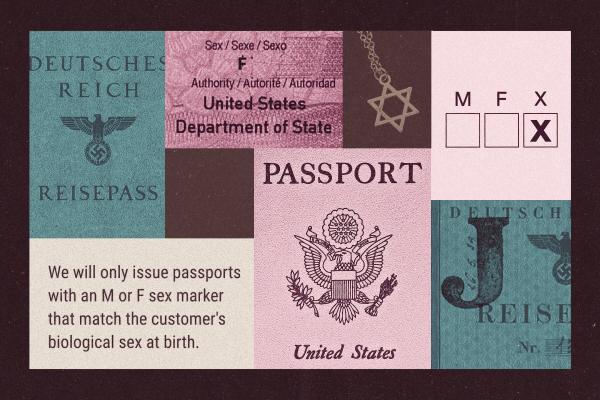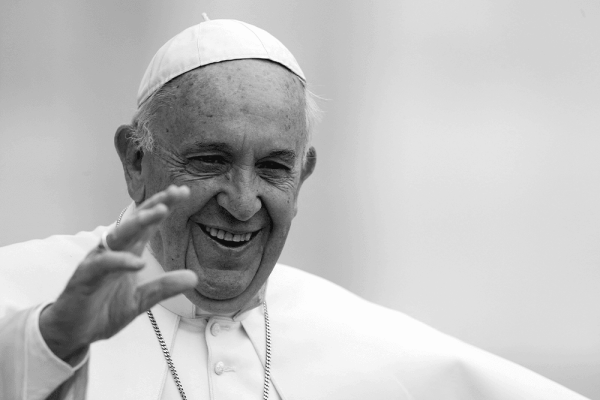When most people consider the holy month of Ramadan, the 30 days of fasting and reflection for Muslims, they may not picture a millennial in a hijab connecting the Qur’an with environmental justice through Instagram hashtags like #greenramadan and #ecomuslim. But Saarah Yasmin Latif is on a mission to help people of all religious traditions connect their faith with individual and collective acts to sustain the earth.
During Ramadan Muslims fast from dawn to sunset as part of their religious obligation. Fasting is meant to draw Muslims nearer to God with a focus on discipline, gratitude, and compassion for those less fortunate. Ramadan is also known as the month in which the Qur’an was revealed to Prophet Muhammad (peace be upon him, which Muslims say as a sign of respect).
When Saarah created the Green Ramadan Challenge, she included three parts to each daily post: words from the Qur’an, an environmental challenge, and a reflection. For the first day of Ramadan, she chose these words: “Did they not look at the earth — how much we have produced therein from every noble kind?” (Qur’an 26:7). The challenge was to spend five to 10 minutes outdoors in nature. Leave your phone inside. Listen to the rhythm of the earth. Pay attention to the sounds of the trees, animals, and wind. And the reflection asked: Allah created us as the caretakers of this Earth. What are you personally doing to fulfill this trust?
“The Instagram posts formed a tight-knit community,” Saarah told me. “In the comments, people shared how they were taking action. In Ramadan I feel a sense of tranquility and strive to be the best person I can be and to connect that to the environment.”
From her home in Newark, Saarah focused the first virtual Ramadan challenge on building community through small, consistent acts in 2020. During the pandemic, Muslims were breaking the fast (iftaar) without the communal support of their Masjid, or mosque. Saarah’s eco-challenge, as she also called it, revealed her belief that we are placed on Earth to be stewards and to care for each other and the environment.
In the suburbs of New Jersey, Saarah was the child of immigrants from the Caribbean country of Guyana. Her parents encouraged her to play outdoors until the sun set in their neighborhood in South Orange. “In my teenage years, I realized how drawn I was to nature,” she said. “As a millennial, I feel like I am a part of the last generation who grew up without screen time as a constant.”
While she was raised in the Muslim faith, she didn’t connect her religion with the environment in her youth. In college, however, she enrolled in a study abroad course in New Brunswick, Canada, that nurtured her interest in local environments and communities, leading her to pursue a master’s degree in sustainability and leadership.
“I always saw them as two elements, God and creation,” she said. “Yet the closer I grew to creation and nature, the greater my love for God became.”
Those intersections led to a five-month internship focused on urban farming with BIPOC communities. She has led more than 20 sustainability workshops, both in-person and virtual, within her local Masjid in Newark and surrounding communities, often integrating simple actions like bringing reusable plates and silverware to break the fast in Ramadan, rather than using single-use disposable plastics.
With her emphasis on interfaith dialogue, Saarah continued to ask the question: Why aren’t Muslims on the forefront of the environmental movement, especially since environmentalism is embedded in this religion established more than 1,400 years ago? For answers, she turned to the sayings and life of the Prophet Muhammad (peace be upon him), which are called “Hadith” in the Muslim faith.
As a fellow with a program called GreenFaith, Saarah collaborated with participant Kori Majeed on an anthology of writings reflecting environmental justice. More than a decade ago, I’d also participated in a GreenFaith fellowship and seen the power of interfaith dialogue for the climate.
“We wanted a document that could be used in interfaith gatherings,” she said.
The result is a free and accessible e-book, Forty Green Hadith: Sayings of the Prophet Muhammad (peace and blessing be upon him) on environmental justice and sustainability. This book allowed her to grow a network, collaborating with other Muslim-led environmental groups — and sharing content together through social media. When she isn’t writing or joining a climate justice protest, she’s integrating nature into the learning center where she teaches, another way to live out her faith.
“I find myself not just an admirer of the hues of leaves, the stillness and resilience of trees, and persistence of roots to blossom, but as an avid advocate for the protection of the world we live in,” she writes.
This article was excerpted with permission from Love Your Mother: 50 States, 50 Stories, and 50 Women United for Climate Justice by Mallory McDuff copyright © 2023 Broadleaf Books.
Got something to say about what you're reading? We value your feedback!







